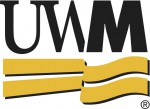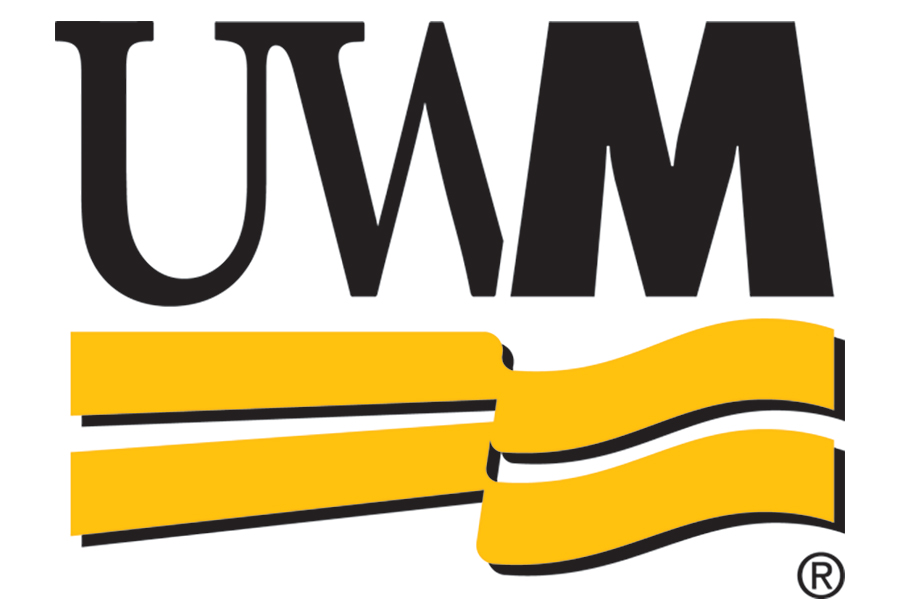UWM strategizes climate change policy for the Great Lakes
The effects of climate change were not sufficiently accounted for in the funded remediation projects.
MILWAUKEE – When water policy scholar Jenny Kehl learned last fall that billions in federal grants designed to protect the Great Lakes were threatened, she was surprised to learn why: The effects of climate change were not sufficiently accounted for in the funded remediation projects.
She knew an intervention was needed – and fast.
As director of the Center for Water Policy at the University of Wisconsin-Milwaukee (UWM), Kehl convened a group of nationally renowned experts from the Great Lakes region in April to develop the first comprehensive strategy to incorporate the impact of climate change in Great Lakes policy.
The assembly came on the heels of a U.S. Government Accountability Office (GAO) report indicating that projects funded by the $1.3 billion Great Lakes Restoration Initiative (GLRI) grants are at a high risk for failing because of the missing policy component.
The goal of the UWM assembly, held at the Johnson Foundation at Wingspread in Racine, was to leverage the university’s research capacity on Great Lakes issues through its unique School of Freshwater Sciences to advise the U.S. Environmental Protection Agency (EPA) in order to ensure GLRI’s long-term success.
The EPA, administrator of the GLRI grants, meets June 5-7 to begin discussions on improving the effectiveness of the 2015-19 GLRI action plan. The GLRI is the largest investment in the Great Lakes in two decades. A task force of 11 federal agencies developed the 2010-14 action plan.
“This effort kick-starts the proactive policy conversation to address a complex challenge,” says Kehl. “Climate change impacts everything from the tap water we drink to the price we pay for electricity to what kind of Great Lakes our children and grandchildren will inherit. It jeopardizes the political and economic stability of the region.”
The UWM-led group will present its recommendations to the Great Lakes Executive Committee, which includes representatives from both the U.S. and Canada, next month. The group also has been invited to present to the EPA Science Advisory Board and the EPA Advisory Board on Great Lakes Issues.
Science informs policy
A 2012 storm in Duluth, Minn., illustrates how climate impacts can ruin projects designed to protect the Great Lakes.
Flash flooding in Duluth not only caused nearly $100 million in property damage, it also led to harmful algal blooms in Lake Superior, says Cameron Davis, senior adviser to the EPA Administrator on the Great Lakes Restoration Initiative.
“That is a place where we never would have thought we had to worry about [algal blooms],” he says.
Such rapid growth of algae can release toxins into and deplete oxygen from the water, threatening aquatic life and the health of humans who eat fish or swim in the lake. Agricultural waste is a leading cause of algal blooms, but flash flooding can have the same effect by increasing storm runoff into the lakes.
In six policy briefs, the scientists convened by the Center for Water Policy outlined the myriad threats and opportunities climate change poses for the Great Lakes region.
- wild variation in lake levels because of weather, and more intense storms
- dwindling of water resources that are currently taken for granted
- expanded ranges for invasive species that can alter the aquatic food chain
- accelerated transport of contaminants in the lake
- mounting energy consumption with water-reliant coal-generated power
- agricultural demand for water is expected to grow along with a longer growing season
To address the multi-billion dollar challenges, the Center group logged strategies in each stressor category. Collectively these strategies amount to a GLRI resource handbook. Some of the many recommendations include:
- adopting a numerical watershed-based approach to pollution control
- involving farmers in nutrient and land-use policy formulation
- expanding the region’s renewable energy portfolio
- galvanizing diverse constituencies of the Great Lakes environment
- calculating the “virtual water” that goes in to producing foodstuffs and goods
- aligning Farm Bill incentives with local stewardship priorities
- accounting for the true cost of water
Davis welcomed the scientific and policy focus on adapting to predicted effects of climate change in the Great Lakes. “Our goal is not just about resiliency,” he says. “I think we have to think longer term.”
The full briefs can be found online at: https://www4.uwm.edu/freshwater/
NOTE: This press release was submitted to Urban Milwaukee and was not written by an Urban Milwaukee writer. While it is believed to be reliable, Urban Milwaukee does not guarantee its accuracy or completeness.





















